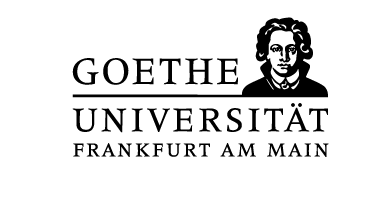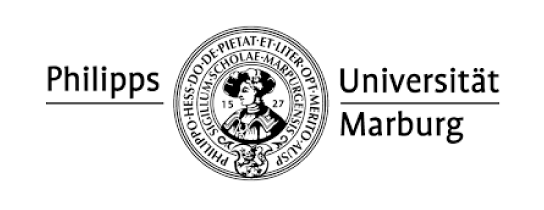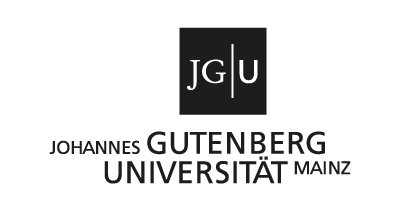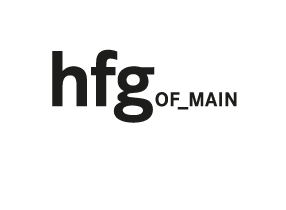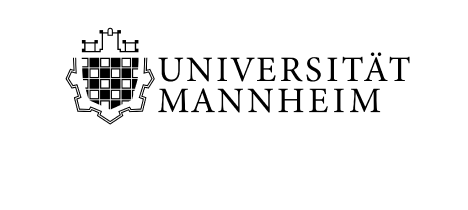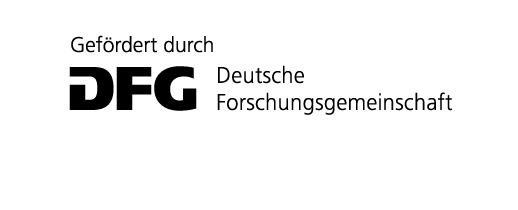Absent Images. Filmic, Curatorial and Institutional Engagement with the Unavailability of Audiovisual Heritage in the Middle East
Profile
Iris Fraueneder is a PhD candidate at the University of Zurich. She is working as a research assistant with the SNSF project Contested Amnesia and Dissonant Narratives in the Global South: Post-conflict in Literature, Art, and Emergent Archives. Her PhD Project “Absent Images” deals with the unavailability of audiovisual heritage in Palestine and Lebanon (lost, scattered, destroyed, unrealized films), and investigates film, curatorial, and institutional strategies which confront this absence. She studied Theatre, Film and Media Studies and Philosophy at the University of Vienna, where she graduated in 2015 with a thesis on the transformations of Masao Adachi’s militant cinema-aesthetics being reflected by Eric Baudelaire’s essayistic documentary film The Anabasis… (F 2011). Since 2013 she has been working at Ludwig Boltzmann Institute for History and Society, Vienna and at the Department of Theatre, Film and Media Studies, University of Vienna, where she has also been teaching. In addition to this, she is active as a film curator and co-founder of the curating collective Diskollektiv.
